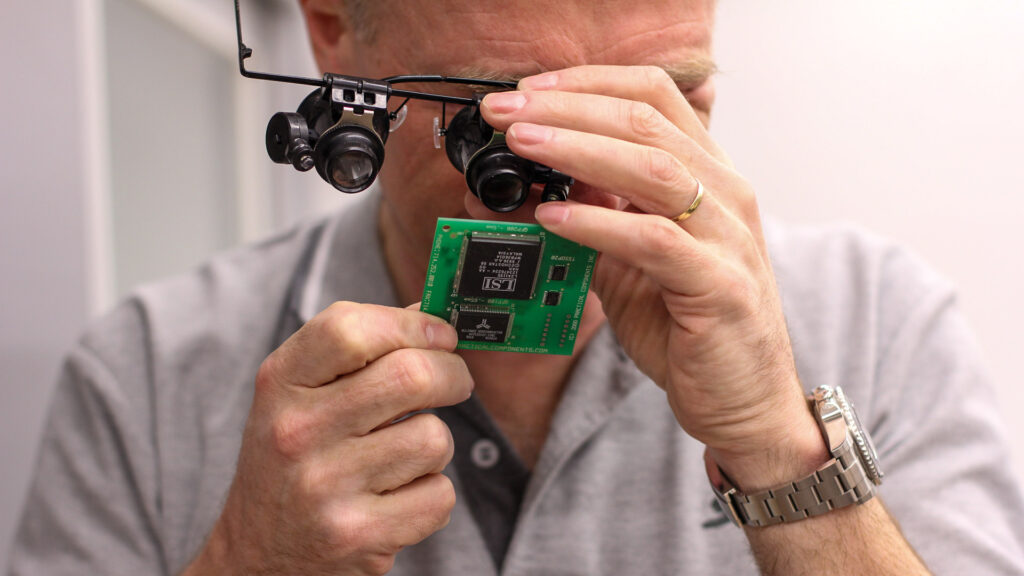We consider the following areas being crucial for our research and creative activities:
- smart interdisciplinary solutions,
- contemporary technologies,
- development of advanced materials and technologies,
- entrepreneurship support,
- solutions of socioeconomic challenges.

We defined following strategic programs in the areas of our interest:
Technical science and engineering
- Materials, nanomaterials, composites, textile-based materials.
- Progressive technologies and nanotechnologies.
- Metrology and new methods of quality control.
- Design of advanced machines and appliances.
- Manufacturing systems, automatization and robotization.
- Sustainable transportation and mobility.
- Energetics and renewable resources.
- Autonomous energy solutions neutral to climate change.
- Smart buildings, smart networks, smart infrastructure, smart cities.
- Redevelopment, filtration, and environmental technologies.
- Information and communication technologies for personal and industrial applications.
- Artificial intelligence, machine learning, processing of signals and data.
Natural science
- Complex soil conservation, source water protection.
- Mathematical and stochastic modelling and statistics.
Social science
- Specific business forms (family business, e-business, small and medium businesses including business incubators, start-ups and spin-offs) and cultivation of business ecosystem.
- Forms of business-to-business collaboration, performance influence, smart specialization and sustainable business (economical, environmental and social dimension of business).
- Company processes and innovations in the Industry 4.0 framework, impact on the innovation ecosystem.
- Influence of quality of the institutional environment on the economic policy.
- Development of didactics in education.
- Research in the evaluation of motor skills.
Humanities and art
- History of the modern period and contemporary Czech history.
- Urbanism and populated landscape in the context of climatic and demographic changes. Data utilisation for the efficient city and regional planning.
- Sustainable architecture responding to current social, environmental and technological challenges.
- Art in the public space.
- Usage of contemporary technologies in the art.
Health science
- Medical and biomedical applications of nanomaterials and nanotechnologies.
- Challenges of sustainable healthcare, telemedicine, applications of ICT and artificial intelligence in the medicine.
- Biomedical innovations in the context of circular economy.
